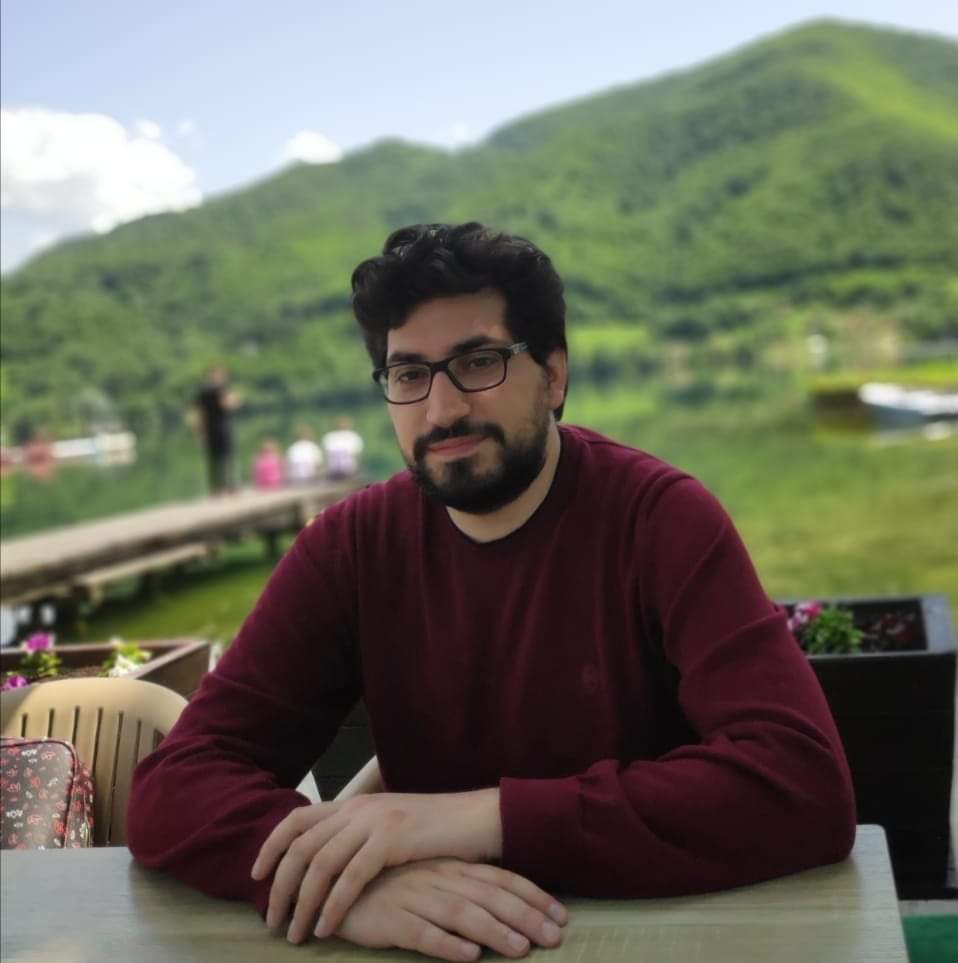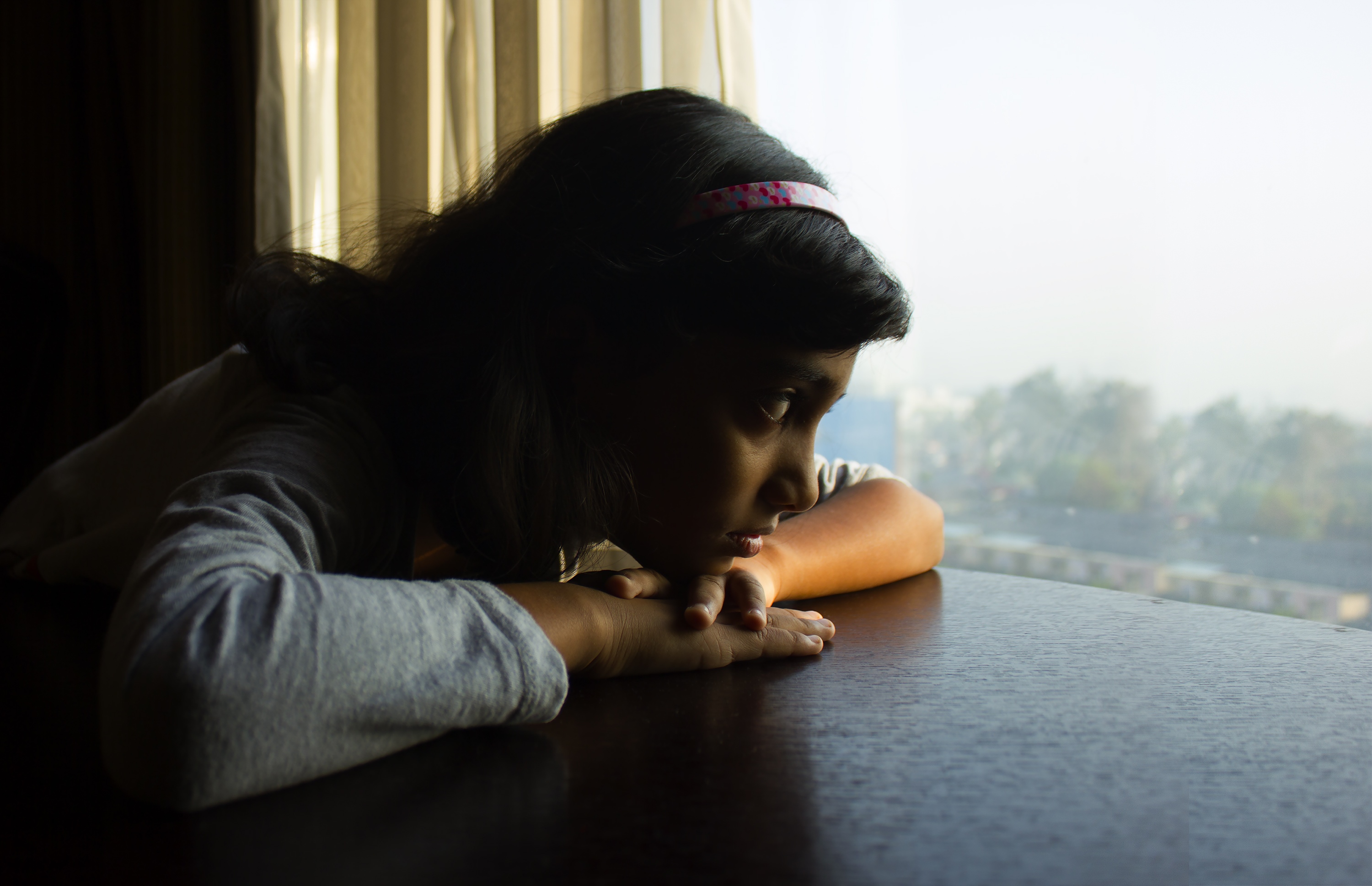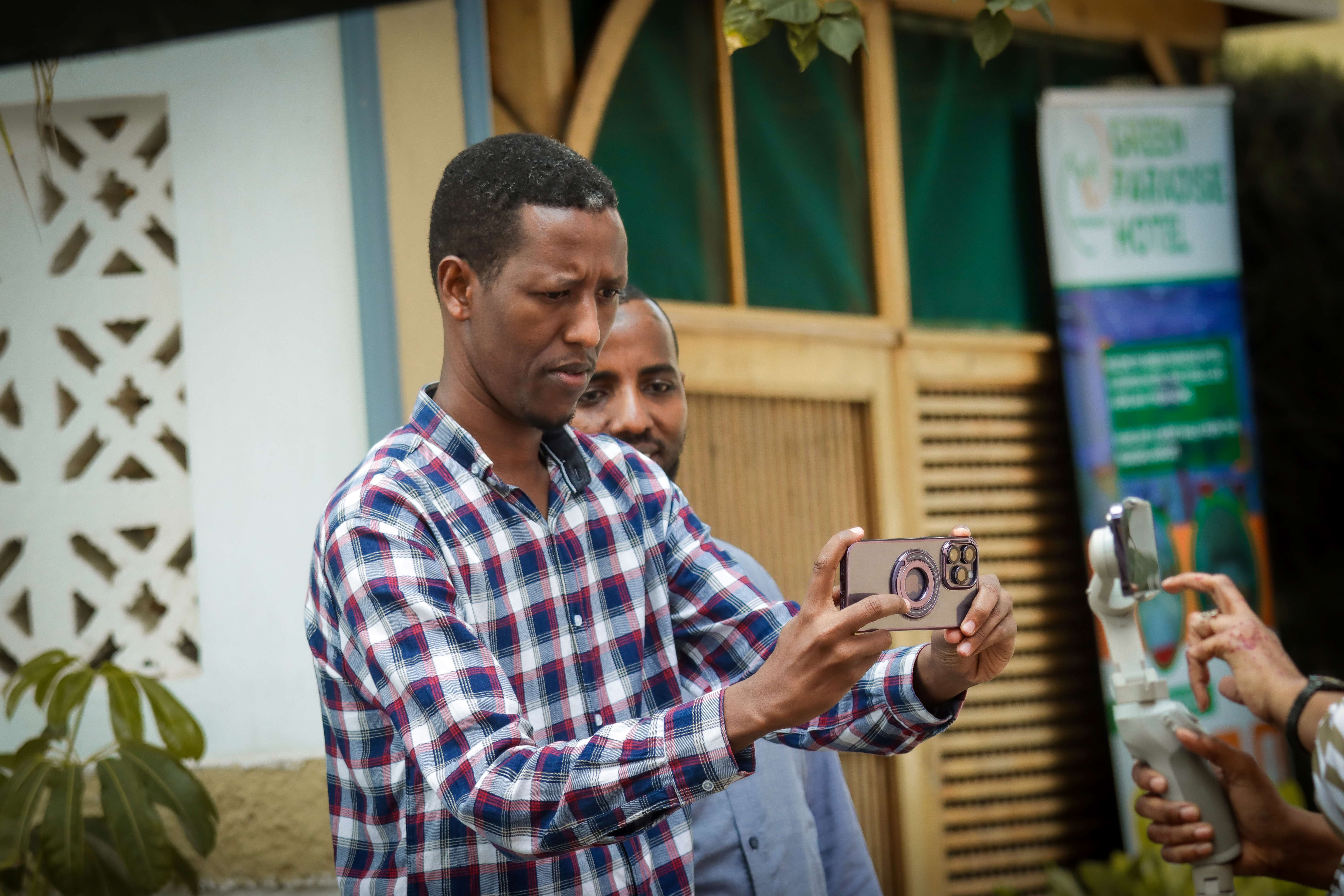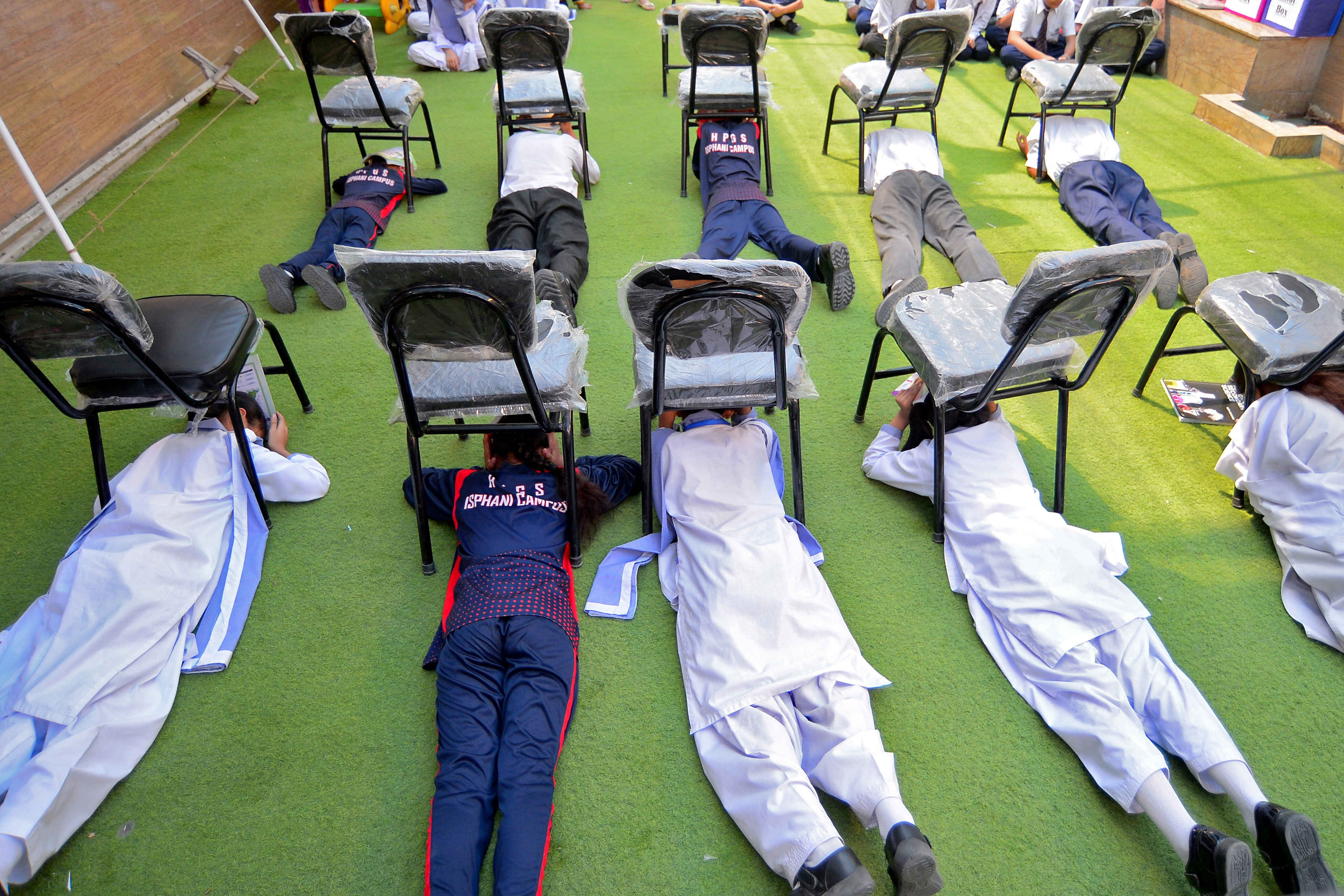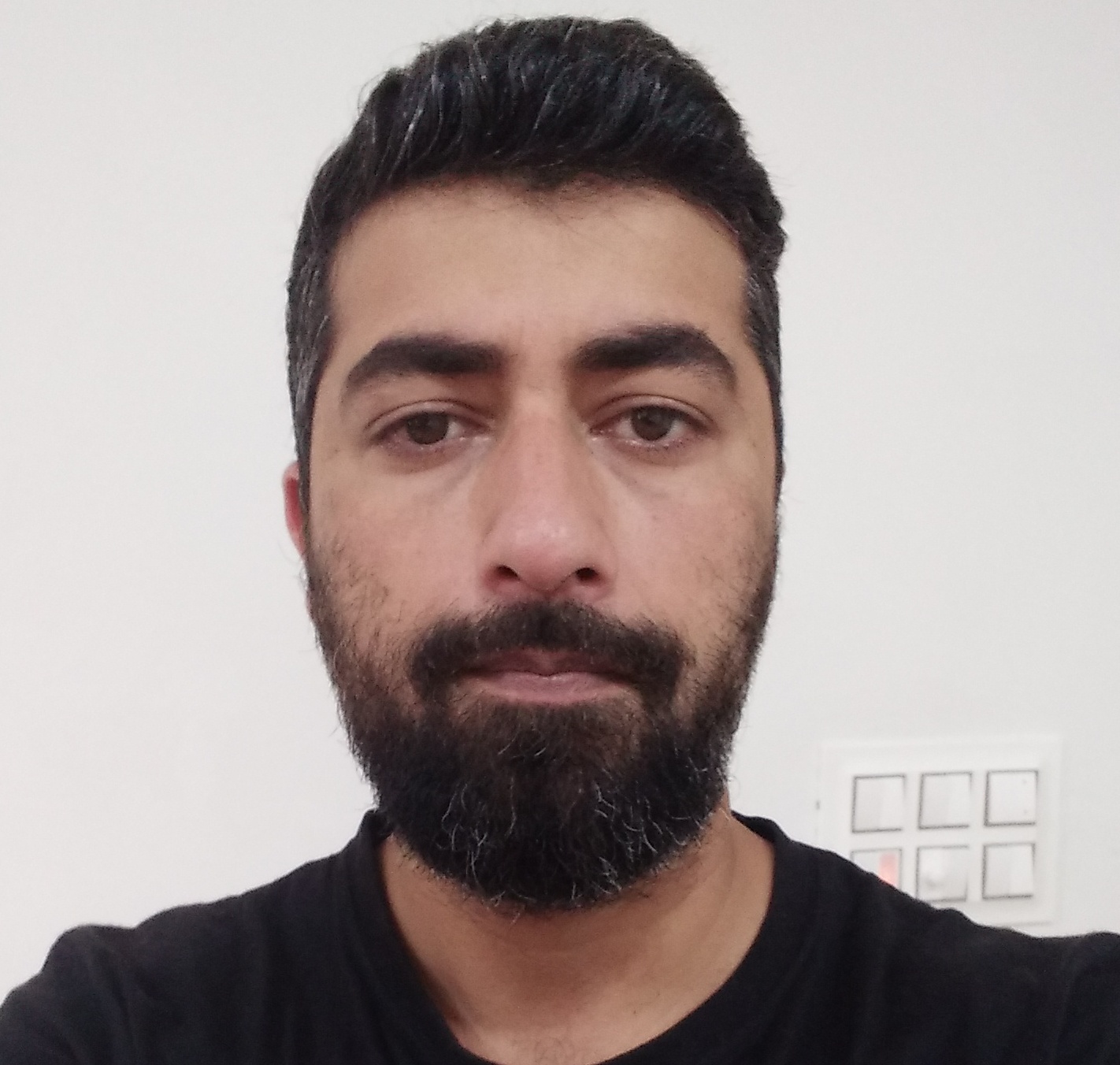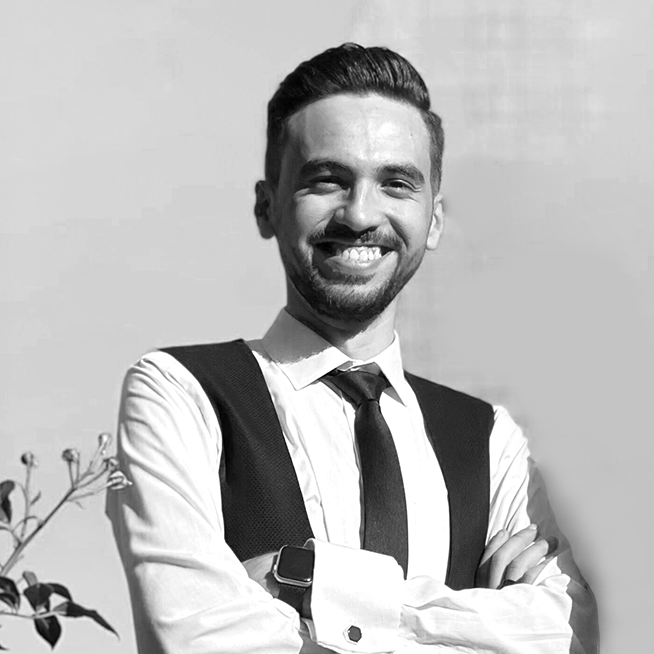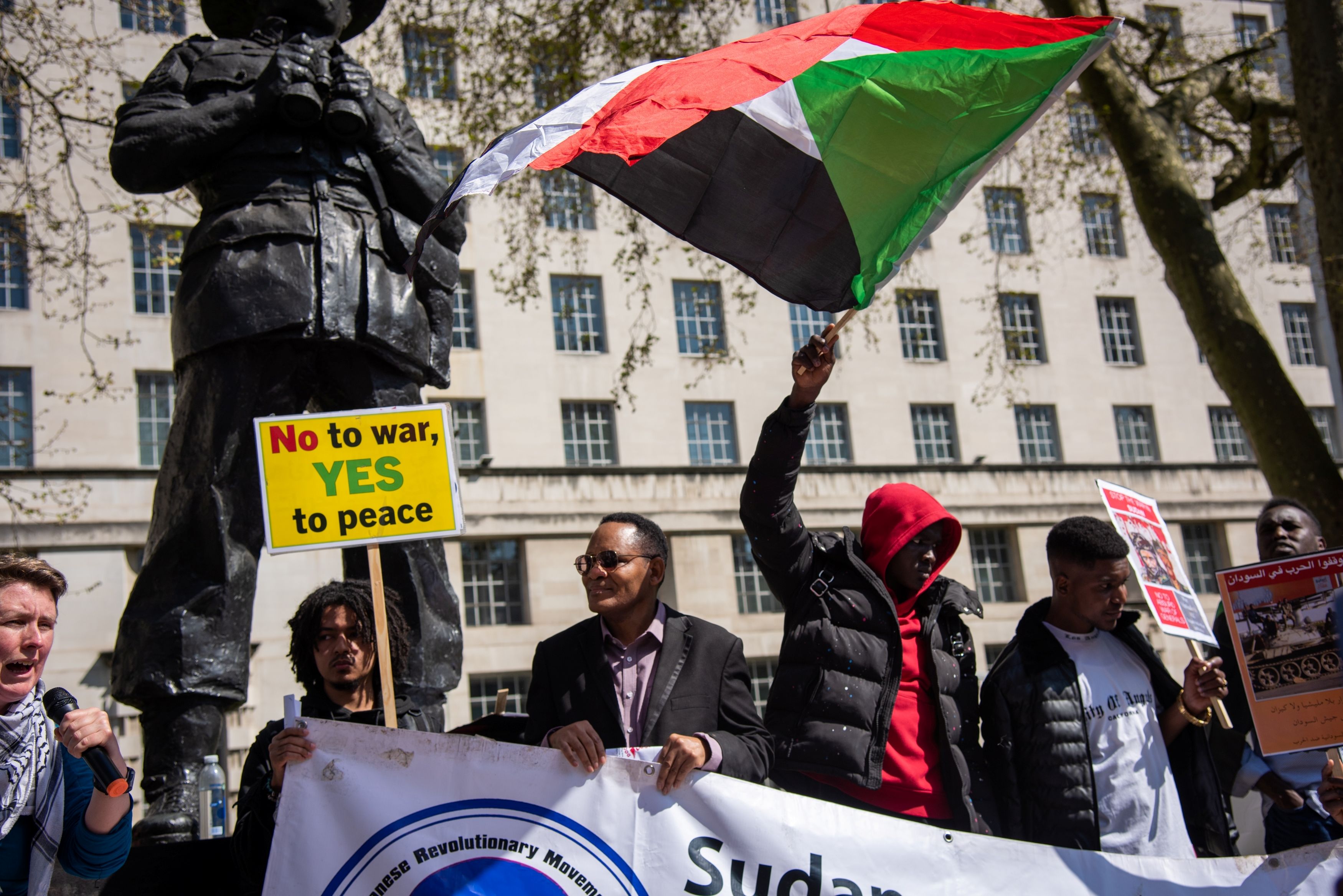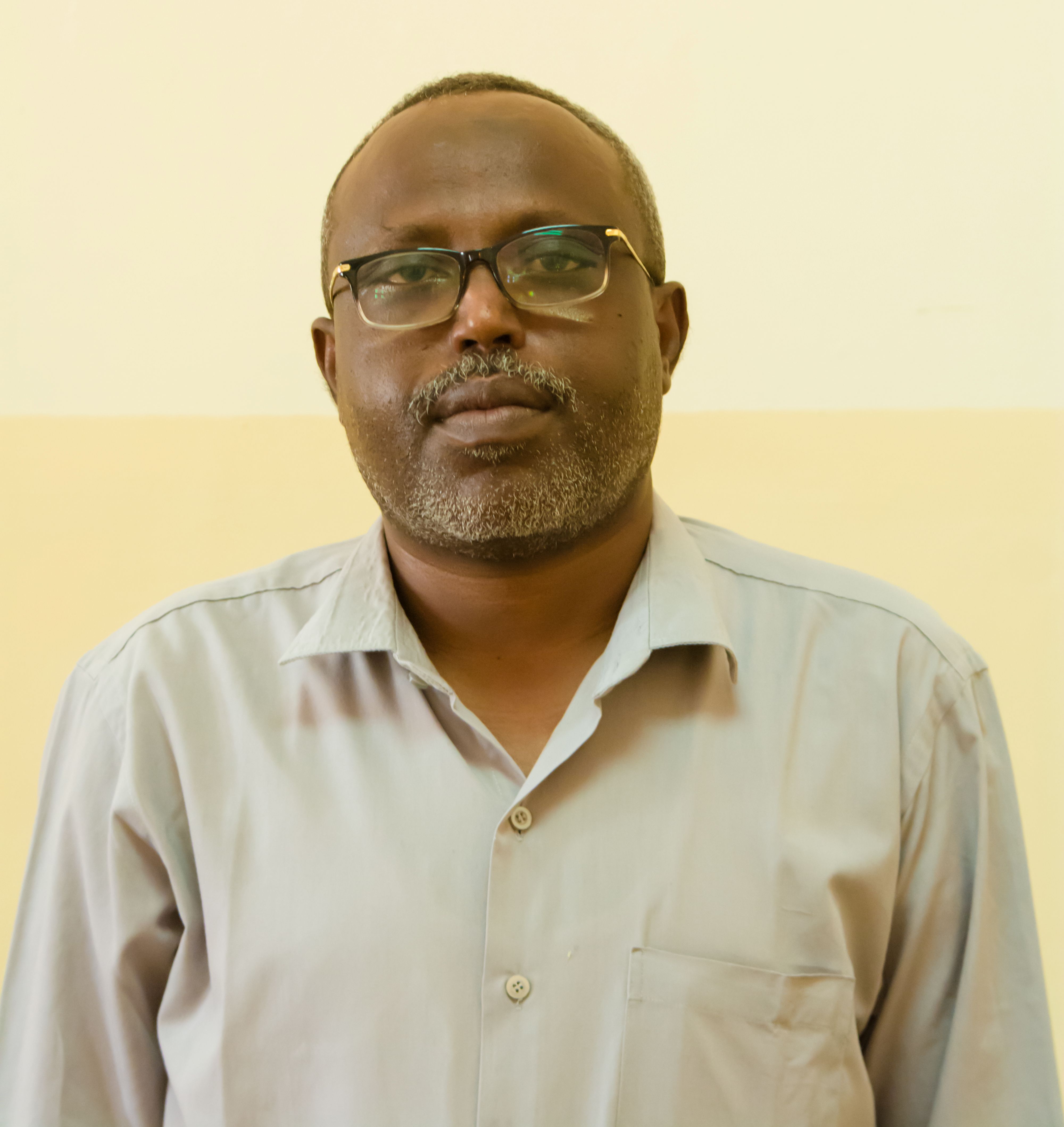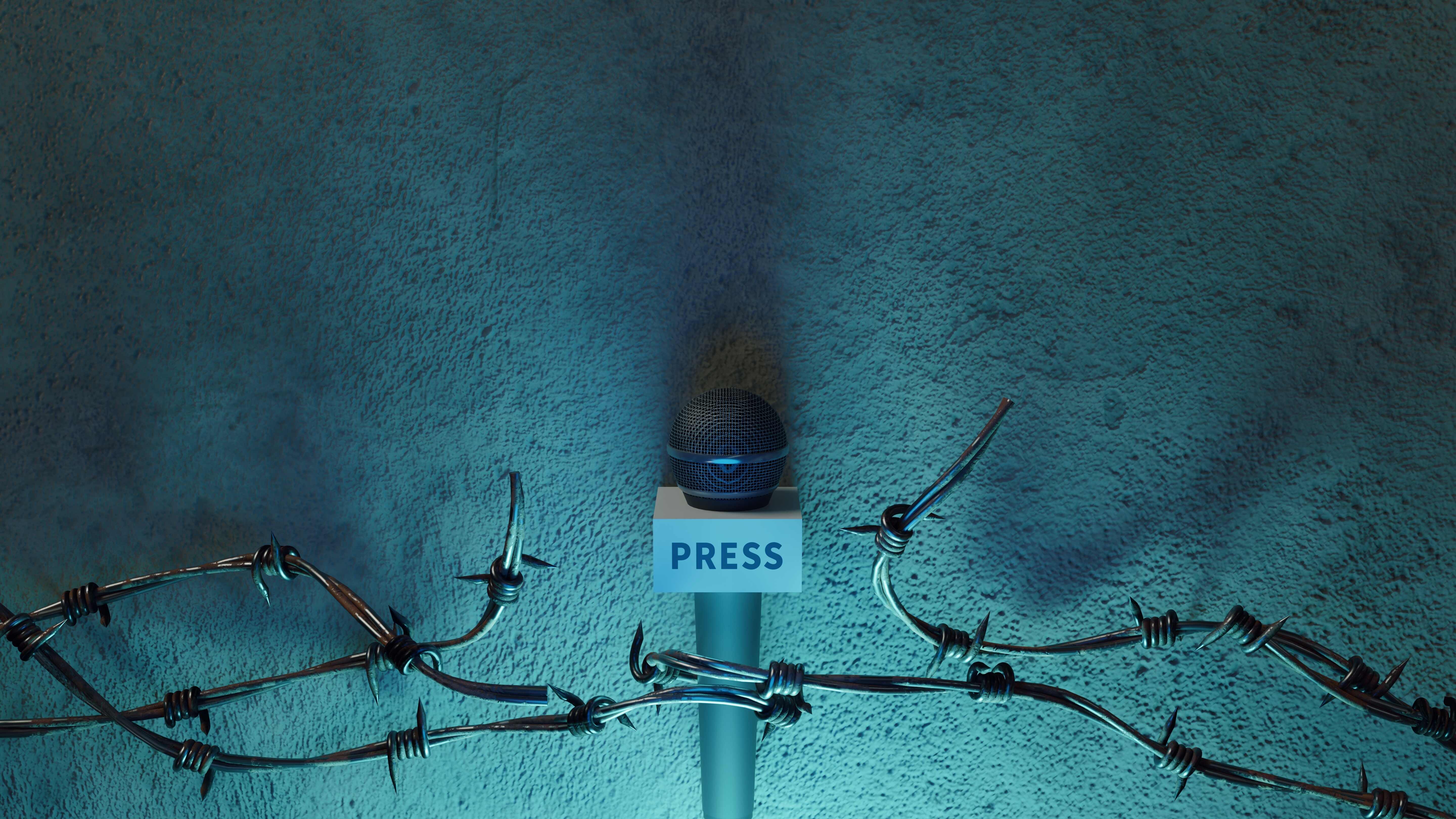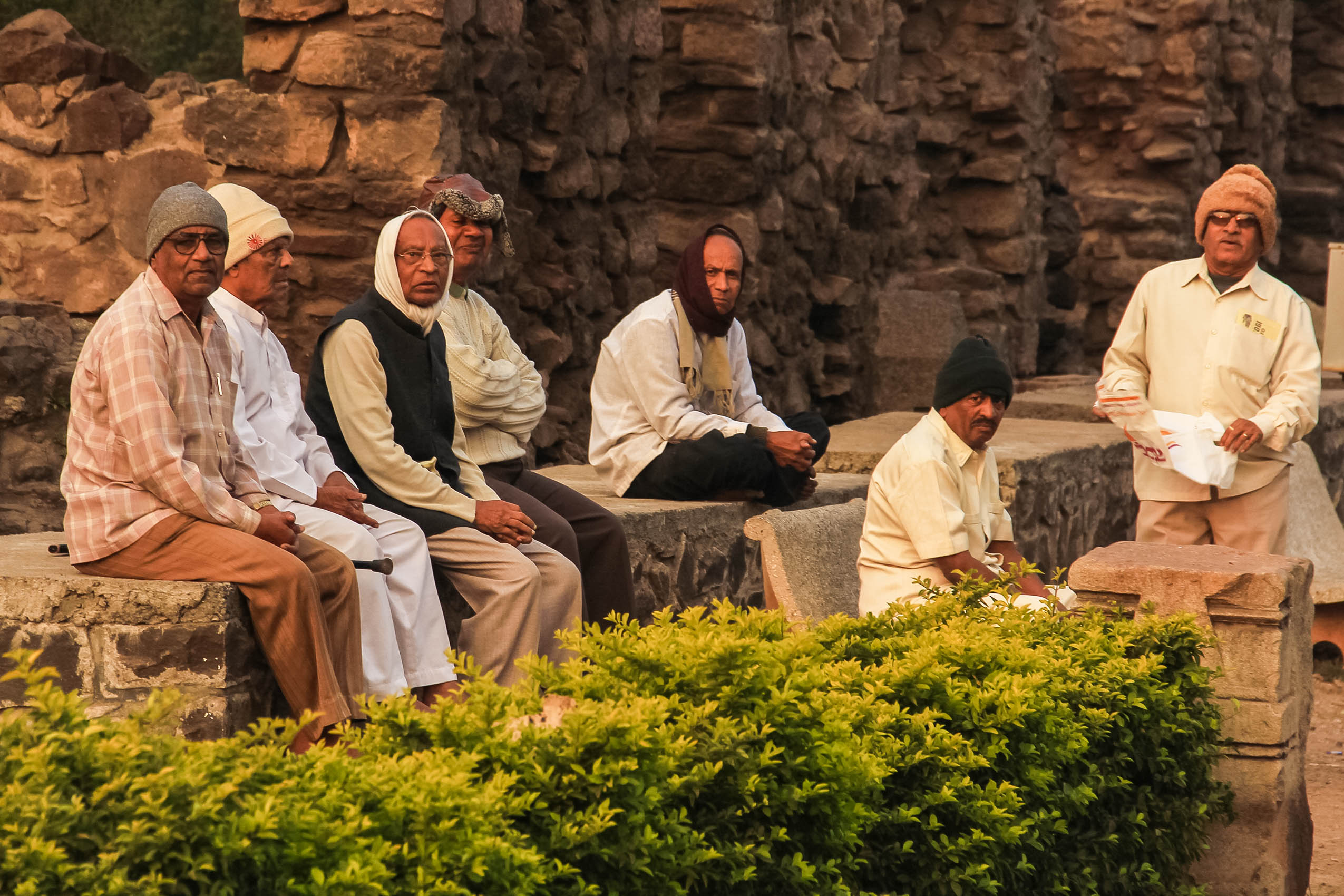تواجه العديد من وسائل الإعلام - خاصة الأمريكية - معضلة كبيرة في تغطيتها للتصريحات الصادرة عن الرئيس الأميركي دونالد ترامب، المعروف بتقديم معلومات مضللة وأخبار غير دقيقة.
وسائل الإعلام ضد الطغاة
في عام 2018، وقبل يوم واحد من زيارة الرئيس الأميركي الأخيرة إلى بريطانيا، وتحديداً في الحادي عشر من يوليو/ تموز أُطلِق كتاب للصحفي والمؤرخ البريطاني ديريك ج. تايلور بعنوان "أخبار زائفة.. وسائل الإعلام ضد الطغاة من هنري الثامن وحتى دونالد ترامب".
يؤصل الكتاب - عبر مسار متشعب بين أروقة التاريخ - للحرب الطويلة والمستمرة بين وسائل الإعلام والممسكين بالسلطة، منتقلا بين ضفتي المحيط الأطلسي، لينقل أجواء المعارك بين وسائل الإعلام وأصحاب السلطة في بريطانيا والولايات المتحدة، ويقدم الحقائق التي لم يَصدُق فيها لا أصحاب السلطة ولا أولئك الذين يمتشقون الأقلام، على حد وصف المؤلف.
ويورد الكاتب أن الإهانات والشتائم والعبارات من شاكلة "أخبار زائفة" و"صحافة غير شريفة" و"عنصري" و"غير مستقر عقلياً" المتبادلة بين معظم وسائل الإعلام الأمريكية والرئيس ترامب في الوقت الراهن، ليست وليدة اليوم بل ثمة سلسلة من الأحداث والأمثلة المشابهة؛ ففي إنكلترا، وإبان عهد الملك ثيودور الثامن (1491 - 1547) وصفت الأوراق المطبوعة التي مثلت صحافة ذلك الزمان الملكَ بأنه "وحش فظيع"، أما هو فقد اتهمها بأنها تنشر "خرافات زائفة".
وتُنسب للسياسي فليبو دي ساراتا (جمهورية البندقية سابقاً) مقولة "القلم بتول والمطبعة عاهرة"، وفيها ذم للمطبعة التي اخترعها غوتنبرج وأتاحت المعرفة للعامة بعد أن كانت حكراً على النبلاء ووجهاء القوم.
ويشير تايلور إلى أن اختراع الطباعة مثّل مرحلة مهمة في المعارك بين وسائل الإعلام وأصحاب السلطة في بريطانيا؛ فمنذ ذلك التاريخ نظر أصحاب السلطة إلى الاتصال الجماهيري - الذي سمحت به الطباعة آنذاك - باعتباره تهديداً يحدّ من سلطتهم في السيطرة على الجماهير، بل بصفته قادراً على إثارة سخط الناس وصولاً إلى مرحلة التمرد.
هجوم بلا هوادة
ويبدو أن التاريخ يعيد نفسه ولكن بسياقات جديدة؛ فالرئيس الأميركي عاد مرة أخرى إلى المشهد وإلى عاداته القديمة: إطلاق التصريحات غير الدقيقة والمليئة بالمعلومات المغلوطة والمضللة، مع مهاجمة وسائل الإعلام الأمريكية البارزة وغيرها بلا هوادة.
راجعتْ تقاريرُ موثقة لأسوشيتد برس وشبكة سي أن أن عشراتِ التصريحات لدونالد ترامب للتحقق من مصداقية الأرقام الواردة فيها والأحكام الناتجة عنها والأخطاء المعلوماتية التي تتضمنها، وخلصت إلى أنها تفتقر للدقة ولا تقوم على الحقائق.
وتحت عنوان" التحقق من الحقائق: سلسلة الأكاذيب التي أطلقها ترامب بشأن زيلينسكي وأوكرانيا" ترصد تلك التقارير عددا من تصريحات ترامب بصفته رئيسا للولايات المتحدة منذ أدائه اليمين الدستورية، وأشهرها التصريحات الخاصة بالحرب الروسية على أوكرانيا.
وفي أيامه الأولى من عودته الأخيرة إلى البيت الأبيض أطلق ترامب ذخيرة من العبارات المشينة بحق أبرز وسائل الإعلام الأميركية والعالمية؛ إذ كتب في منشور على منصته تروث سوشيال في فبراير/ شباط الماضي عن قناة إم إس إن بي سي أنها "تمثل تهديدا لديمقراطيتنا، ومليئة بالأكاذيب والتشويه، ويديرها أشخاص سيّئون"، متهما القناة بأنها منحازة للديمقراطيين ولقبها باسم "إم إس دي إن سي" في إشارة إلى اختصار اللجنة الوطنية للحزب الديمقراطي "دي إن سي" (DNC).
كما زعم ترامب أن رويترز، وموقع بوليتيكو، وصحيفة نيويورك تايمز تتلقى دعما ماليا من المؤسسات الفيدرالية الأميركية، مشيرا إلى أن هذه المدفوعات تهدف إلى التأثير على محتوى الأخبار.
لماذا يكذب ترامب؟
لقد كُتب الكثير عن الأسباب التي تجبر ترامب على إطلاق معلومات مضللة، لدرجة أن البعض وصفوه بـ"الرجل الكاذب" ويتحرى الكذب ضمن إستراتيجية سياسية متعمدة تخدم عدة أهداف مثل السيطرة على ما يعرف بدورة الأخبار، وتحفيز قاعدته السياسية، وتقويض خصومه، وتحويل اللوم عن نفسه.
لقد كُتب الكثير عن الأسباب التي تجبر ترامب على إطلاق معلومات مضللة، لدرجة أن البعض وصفوه بـ "الرجل الكاذب" ويتحرى الكذب ضمن إستراتيجية سياسية متعمدة تخدم عدة أهداف مثل السيطرة على ما يعرف بدورة الأخبار، وتحفيز قاعدته السياسية، وتقويض خصومه، وتحويل اللوم عن نفسه.
فيما يتعلق بالسيطرة على دورة الأخبار ترى "سي أن أن" أن هذه الإستراتيجية تمكّن ترامب من تحديد أجندة المشهد الإعلامي وتحويل الانتباه عن القضايا التي قد تكون سلبية بالنسبة إليه، مشيرة إلى أن تلاعبه بالحقيقة هو سمة دائمة في مسيرته السياسية، مما يمنحه قدرة على السيطرة على الرواية الإعلامية.
وحسب مجلة نيويوركر فإن خطاب ترامب يجد صدى لدى قاعدته من خلال تصويره بطلا يحارب مؤسسة فاسدة، يحدث ذلك عبر تحدي الحقائق الراسخة والترويج لسرديات بديلة لتعزيز حالة من الشك تجاه المؤسسات الإعلامية الأميركية الرئيسية؛ تساهم هذه الإستراتيجية في تعزيز الشعور بالهوية الجماعية، وتقديم ترامب بصفته شخصية تتحدى "النخبة" نيابة عن "الناس العاديين".
وتعتقد صحيفة لوس أنجلوس تايمز أن ترامب يستخدم ما يعرف بإستراتيجية توجيه اللوم لصرف الانتباه وتفادي المساءلة؛ أي
عندما يواجَه بانتقادات أو نتائج سلبية فإنه غالبا ما يُحوّل اللوم عن نفسه بادعاءات كاذبة أو بما يعرف بنظريات المؤامرة. فعلى سبيل المثال، ساعدت مزاعمه - التي لا أساس لها من الصحة - بشأن تزوير الانتخابات على إعفائه من المسؤولية عن خسارته، مع زرع الشك في شرعية العملية الديمقراطية بكاملها.
أما واشنطن بوست، فتؤكد أن ترامب يلجأ إلى ما يعرف بالاستخدام الإستراتيجي للتكرار؛ حيث يُعد تكراره للمزاعم الكاذبة خطوة محسوبة لتعزيز سردياته. وتضيف أن الادعاءات الكاذبة التي تُكرر بشكل مكثف تصبح راسخة في الوعي العام، رغم أنها دُحضت مرارًا. تستثمر هذه الإستراتيجية ظاهرة نفسية تشير إلى أن التكرار يزيد من قابلية تصديق المعلومات.
لا يُعد استخدام ترامب للمعلومات المضللة مسألة عرضية، بل هو عنصر أساسي في إستراتيجيته السياسية؛ فمن خلال التلاعب بالمعلومات يتمكن من التحكم في الخطاب العام، وتحفيز قاعدته، وإضعاف خصومه، وتحويل اللوم بعيدا عنه، وتمثل هذه الإستراتيجية تهديدا حقيقيا للمؤسسات الديمقراطية ولسلامة المعلومات العامة.
تعتقد صحيفة لوس أنجلوس تايمز أن ترامب يستخدم ما يعرف بإستراتيجية توجيه اللوم لصرف الانتباه وتفادي المساءلة؛ أي عندما يواجَه بانتقادات أو نتائج سلبية فإنه غالبا ما يُحوّل اللوم عن نفسه بادعاءات كاذبة أو بما يعرف بنظريات المؤامرة.
مؤسسات الإعلام والشراكة في التضليل
يرى كثير من المهتمين أن المؤسسات الإعلامية تعتبر شريكة في نشر المعلومات المضللة إذا فشلت في التحقق من صحة التصريحات الكاذبة أو المضللة وتقييمها بشكل نقدي، خاصة تلك الصادرة عن شخصيات مؤثرة مثل دونالد ترامب؛ فالنزاهة الصحفية تتطلب تدقيقا صارما للحقائق وتقديم تغطية مسؤولة لمنع انتشار الأكاذيب.
وبحسب تقرير لصحيفة غارديان البريطانية يمكن أن تؤثر الاعتبارات الاقتصادية على القرارات التحريرية، وهو ما قد يؤدي إلى نشر المعلومات المضللة. ومن الأمثلة التي أوردها تقرير غارديان على ذلك حالة قناة فوكس نيوز؛ حيث كشفت الاتصالات الداخلية عن مخاوف من أن التحقق من ادعاءات ترامب الكاذبة قد ينفّر جمهورها ويؤثر سلبا على نسب المشاهدة، كما أنه يلقي الضوء على التوتر بين المسؤولية الصحفية والمصالح التجارية.
وخلاصة القول، تقع على عاتق المؤسسات الإعلامية مسؤولية التحقق من المعلومات والطعن في المعلومات الكاذبة؛ إذا لا يؤدي عدم القيام بذلك إلى الإضرار بالنزاهة الصحفية فحسب، بل يساهم أيضًا في تآكل الخطاب العام المستنير.
تمثّل تغطية تصريحات دونالد ترامب تحديا صعبا للمؤسسات الإعلامية؛ بسبب استخدامه المتكرر للتصريحات الكاذبة أو المضللة، وخطابه الاستفزازي، وتلاعبه بديناميكيات الإعلام. ولتغطية ترامب (أو أي شخصيات سياسية مماثلة) بمسؤولية، ينبغي على المؤسسات الإعلامية الإعلاء من شأن الحقيقة والسياق والمصلحة العامة على حساب الإثارة.
وقد صدرت إرشادات كثيرة عن عدد من الجامعات والمراكز والمنظمات الأمريكية تشرح كيفية التعاطي مع تصريحات ترامب، ونذكر منها على سبيل المثال: كلية إدوارد مورو للإعلام، مركز بيو للأبحاث، مركز حرية التعبير. ولعل أبرز الإرشادات تتمثل في إعطاء الأولوية للحقيقة؛ أي تقديم قيم الدقة والمصداقية والشمول على السبق (To value being right above being first)، أي نتجنّب تضخيم الأكاذيب باسم الحياد أو الرأي والرأي الآخر، فإذا أدلى ترامب بتصريح كاذب أو مضلل، يجب وصفه بوضوح على هذا النحو قبل نشره كما هو. ثم إن السياق أهم من التصريح وبالتالي ينبغي تجنب العناوين أو المقدمات التي تكرّر تصريحات ترامب دون تقديم السياق الذي قيلت فيه، ولنبدأ بالحقائق المثبتة، ثم نوضّح ما قاله ترامب وكيف يتناقض مع الواقع.
فعلى سبيل المثال إذا قال ترامب خلال خطاب جماهيري: "إن الانتخابات سُرقت" فينبغي ألا نكرر ما قاله في تغطيتنا، ولكن يمكن أن يكون عنواننا: "لا توجد أدلة على حدوث تزوير انتخابي واسع، رغم مزاعم ترامب". ويسمح هذا التأطير في كشف الاستخدام الإستراتيجي للمعلومات المضللة أي فهم متى يستخدم ترامب الأكاذيب سواء لصرف الانتباه عن قضايا قانونية، أو لحشد قاعدته، أو لتقويض المؤسسات.
ويبرز التحقق الفوري من الحقائق بصفته أداة فعالة لمواجهة التضليل، ويجب أن تحرص المؤسسات الإعلامية على التحقق الفوري مما يقال من معلومات مضللة أثناء اللقاءات المباشرة أو الخطابات أو المقابلات، وقد استخدمت مؤسسات إعلامية أميركية مثل CNN هذا الأسلوب في الحملة الرئاسية 2020 لتقديم توضيحات فورية للجمهور.
يبرز التحقق الفوري من الحقائق بصفته أداة فعالة لمواجهة التضليل، ويجب أن تحرص المؤسسات الإعلامية على التحقق الفوري مما يقال من معلومات مضللة أثناء اللقاءات المباشرة أو الخطابات أو المقابلات، وقد استخدمت مؤسسات إعلامية أميركية مثل CNN هذا الأسلوب في الحملة الرئاسية 2020 لتقديم توضيحات فورية للجمهور.
وهكذا، يجب على المؤسسات الإعلامية في سعيها للتصدي لأكاذيب ترامب ألا تتردد في استخدام كلمات مثل "كاذبة"، "لا أساس لها"، "معلومة مضللة"، عندما يكون ذلك مناسبا؛ لأن الكلمات المخففة مثل "مثيرة للجدل" أو "غير دقيقة" قد تسهم في إضعاف الحقيقة. إنّ استخدام الكلمات الصريحة عند الحديث عن التضليل غايتُه الأساسية ليس وصف التضليل بأنه خطأ فحسب، بل خطر حقيقي أيضا، خاصة عندما يهدد المؤسسات والقيم الديموقراطية؛ مثل الانتقال السلمي للسلطة وسيادة القانون، كما أنه يبيّن بوضوح تأثير الأكاذيب على الناخبين والسياسات والمعايير.
في معركتها لتثبيت الحقيقة، وسائلُ الإعلام مطالبة بأن توازن الحضور الإعلامي الطاغي لترامب بإبراز أصوات الخبراء، والمجتمعات المهمّشة، ومدققي الحقائق، والمتضررين من تصريحاته الكاذبة.
إن غرف الأخبار وعلى اختلاف مشاربها ينبغي أن تتعاون لإنشاء قاعدة موحدة للتغطية القائمة على الحقيقة بشأن ترامب. وسيساعد تعاونها مع بعضها - خاصة في مشاريع تدقيق الحقائق، وحملات التوعية الإعلامية، والاتفاق على مدونات سلوك مهنية - في حماية الخطاب العام.







